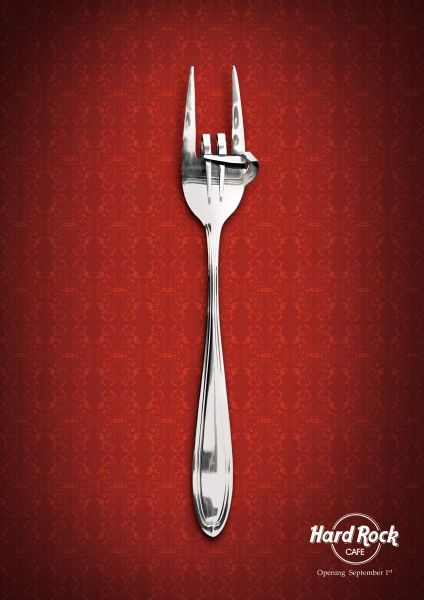What to Know About Risk Factors for Incontinence

As a caregiver for seniors, you may want to learn about the risk factors for incontinence. You should, however, note that incontinence is not a normal part of aging. Instead, you need to understand that it is often due to certain medical conditions which happen more commonly as people age. But, this does mean that you have to live with incontinence. By understanding its risk factors seniors and caregivers can be alerted to the possibility of incontinence. If the symptoms then arise, treatment should be sought out immediately. Here are what to know about the risk factors of incontinence.
Obesity
 Carrying all the extra weight around affects your lungs and heart as well as the muscles of your urinary system. If you have excess weight, then you are outing excess pressure on your bladder and the muscles that surround it. This brings incontinence which causes urine to leak with physical exertion. Studies reveal that by losing only five prevent of your body can make a big difference in the severity of your incontinence. Since being overweight is often contributing to incontinence, you expect your health care provider to recommend weight loss if when you see them.
Carrying all the extra weight around affects your lungs and heart as well as the muscles of your urinary system. If you have excess weight, then you are outing excess pressure on your bladder and the muscles that surround it. This brings incontinence which causes urine to leak with physical exertion. Studies reveal that by losing only five prevent of your body can make a big difference in the severity of your incontinence. Since being overweight is often contributing to incontinence, you expect your health care provider to recommend weight loss if when you see them.
Gender
Studies show that although both men and women have incontinence, it is more prevalent in women. This tends to be because their urinary systems have to deal with pregnancy childbirth and changes during menopause. Additionally, the anatomy of women puts them at more risk for incontinence. Men, however, with prostate problems are at a higher risk for urge incontinence and overflow.
Smoking

You can think that smoking is only harmful to the lungs and heart but your urinary systems do not do well with it either. Smoking poses a double whammy as far as incontinence is concerned. Smokers often develop chronic coughs which can make stress incontinence much worse. Additionally, the chemicals in cigarettes are known to be irritants to the bladder lining.
Age
Age you age, the muscles which surround the urethra and bladder tend to lose some of their strength. But, it is important to note that incontinence is not a foregone conclusion to getting older. It is usually not a normal part of life. Incontinence is often the result of conditions which are common as you age.
Simply because a senior possesses these risk factors does not mean, they will develop incontinence. If the symptoms of incontinence, however, become present, diagnosis and treatment need to be sought immediately. Most types of incontinence can be reduced significantly or even eliminated with the right treatment. …



